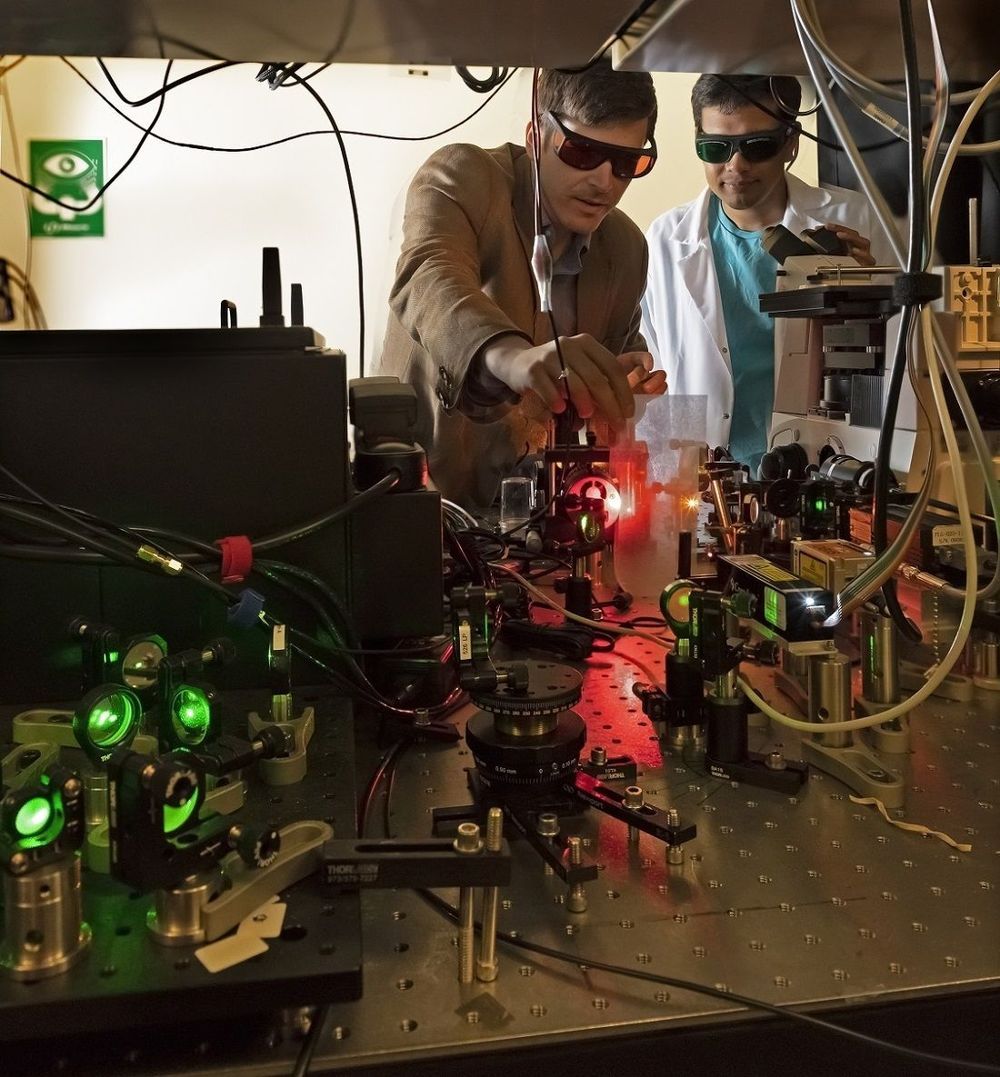https://paper.li/e-1437691924#/
Amidst various sanctions by the United States, Russia might buy Bitcoins in the Billions as a way to mitigate these sanctions.
According to Vladislav Ginko who is a lecturer at the Russian Presidential Academy of National Economy and Public Administration, the Russian government which sits on $466 Billion of reserves is planning to invest heavily into Bitcoin. He told Micky that he believes the government could start investing Billions in Bitcoin as early as next month which could potentially trigger a bull run.
Since 2012, the U.S has imposed over 60 rounds of sanctions against Kremlin, many of which do not have clear paths to get lifted. Sanctions are a way to achieve certain objectives (mostly political) in a nonviolent way, Russia certainly does not take this lightly and will try to mitigate these sanctions in any way possible.








